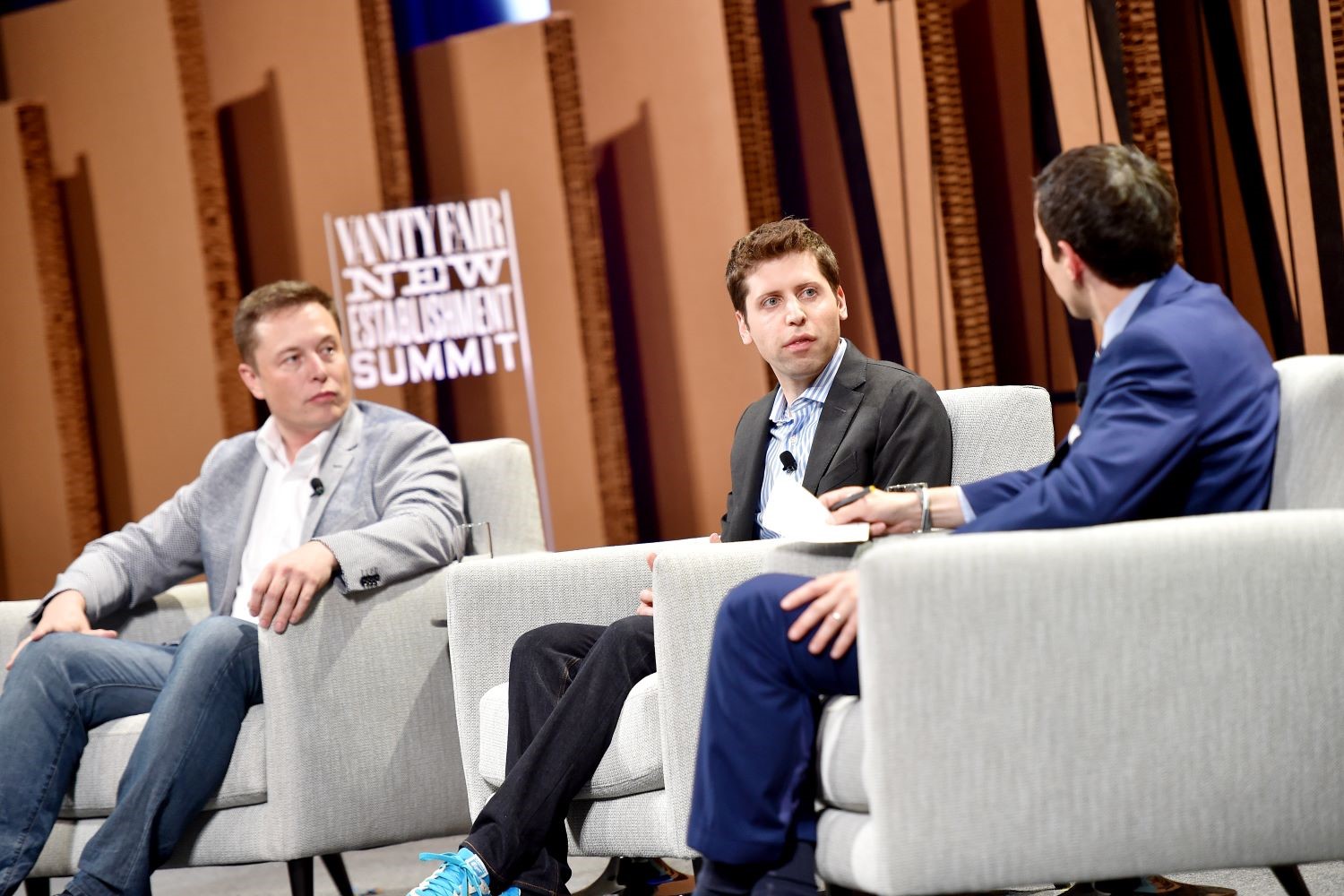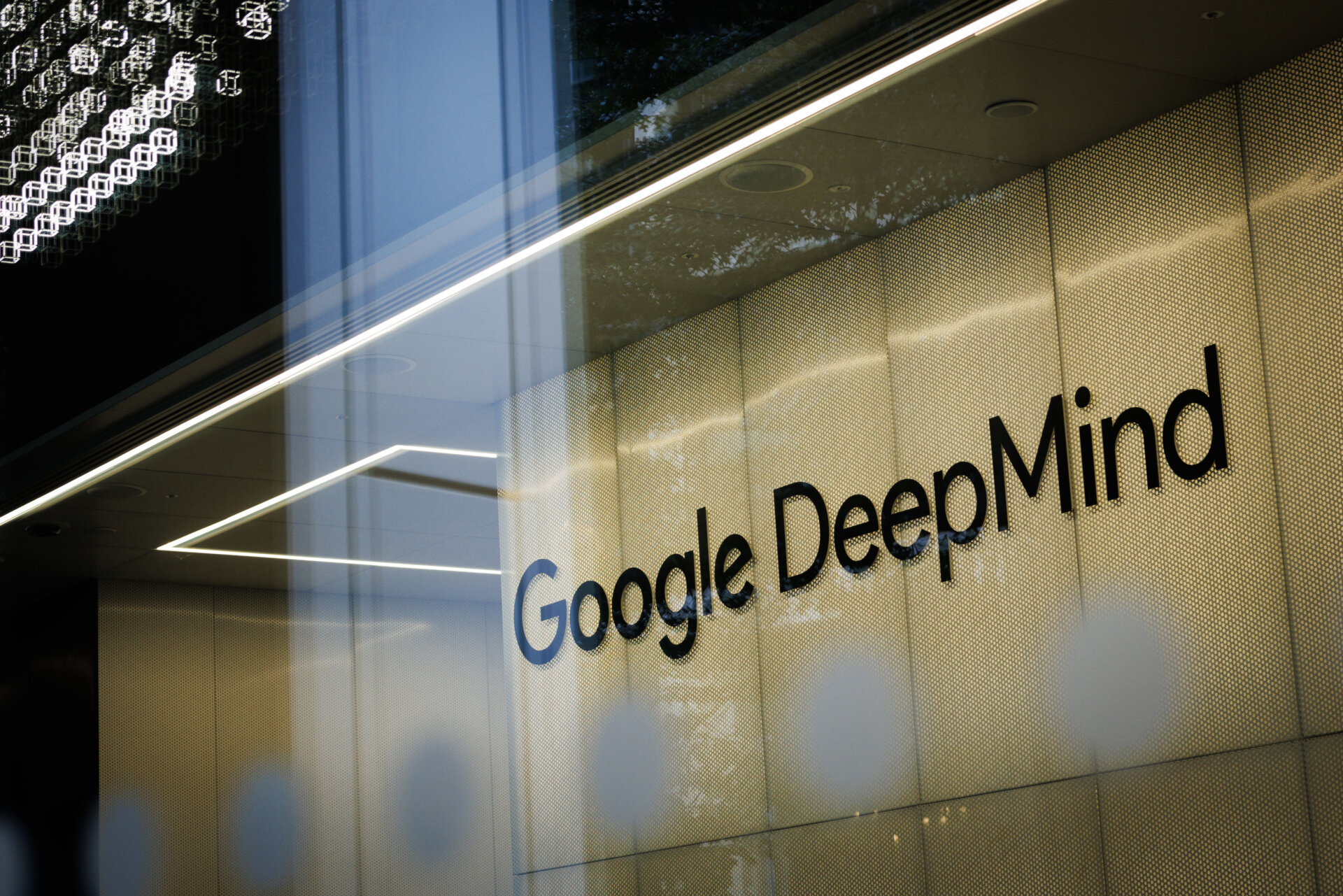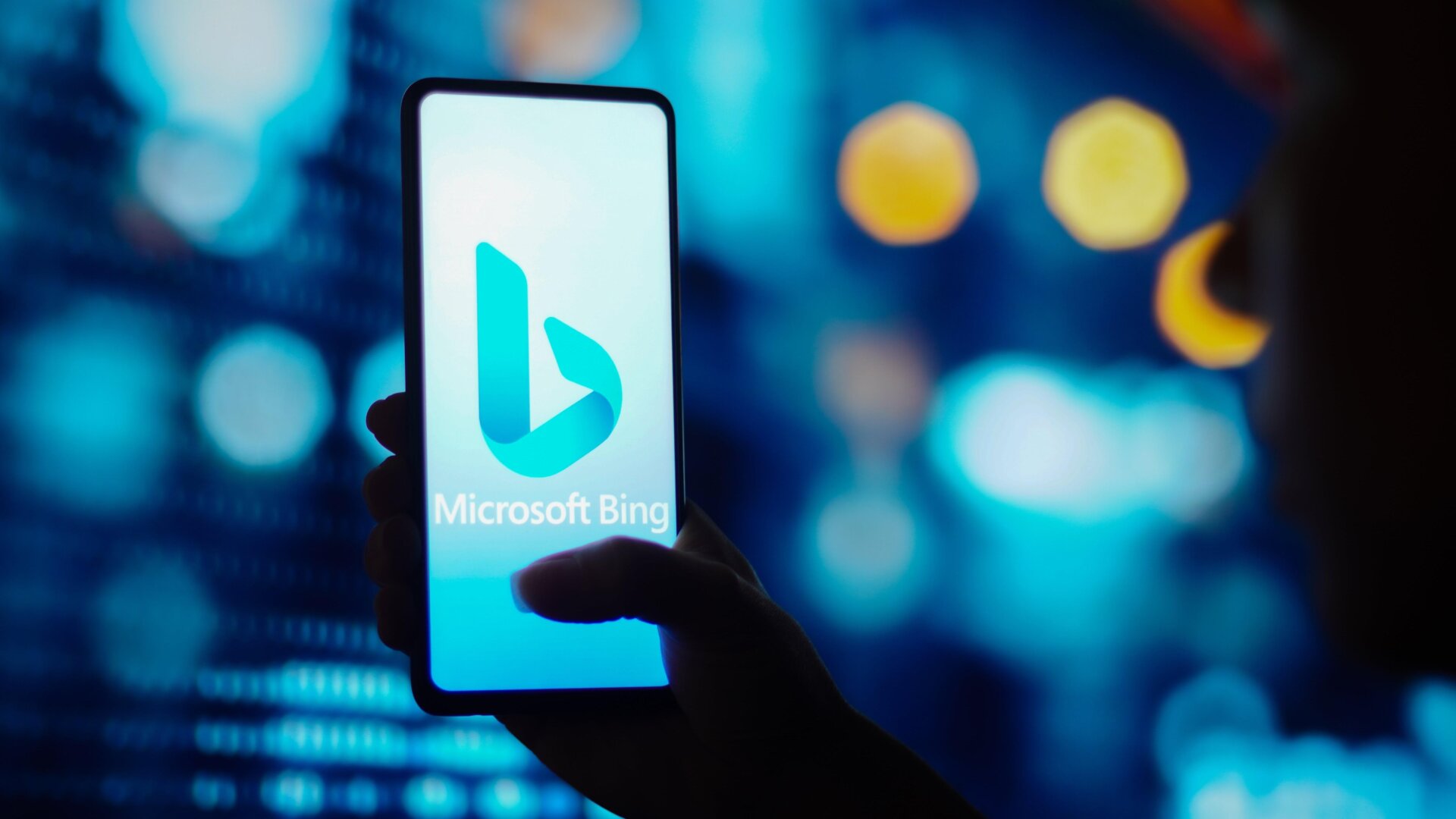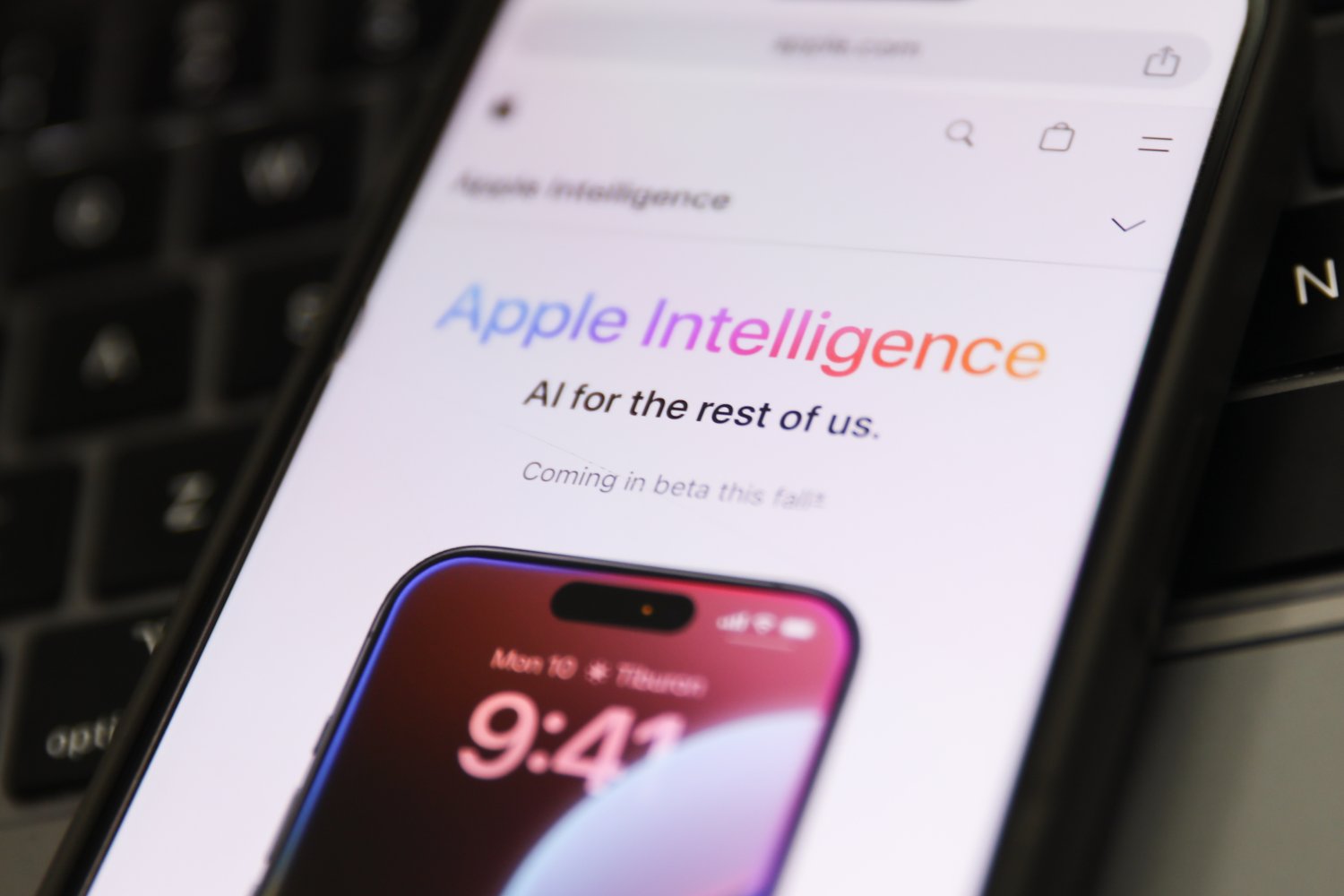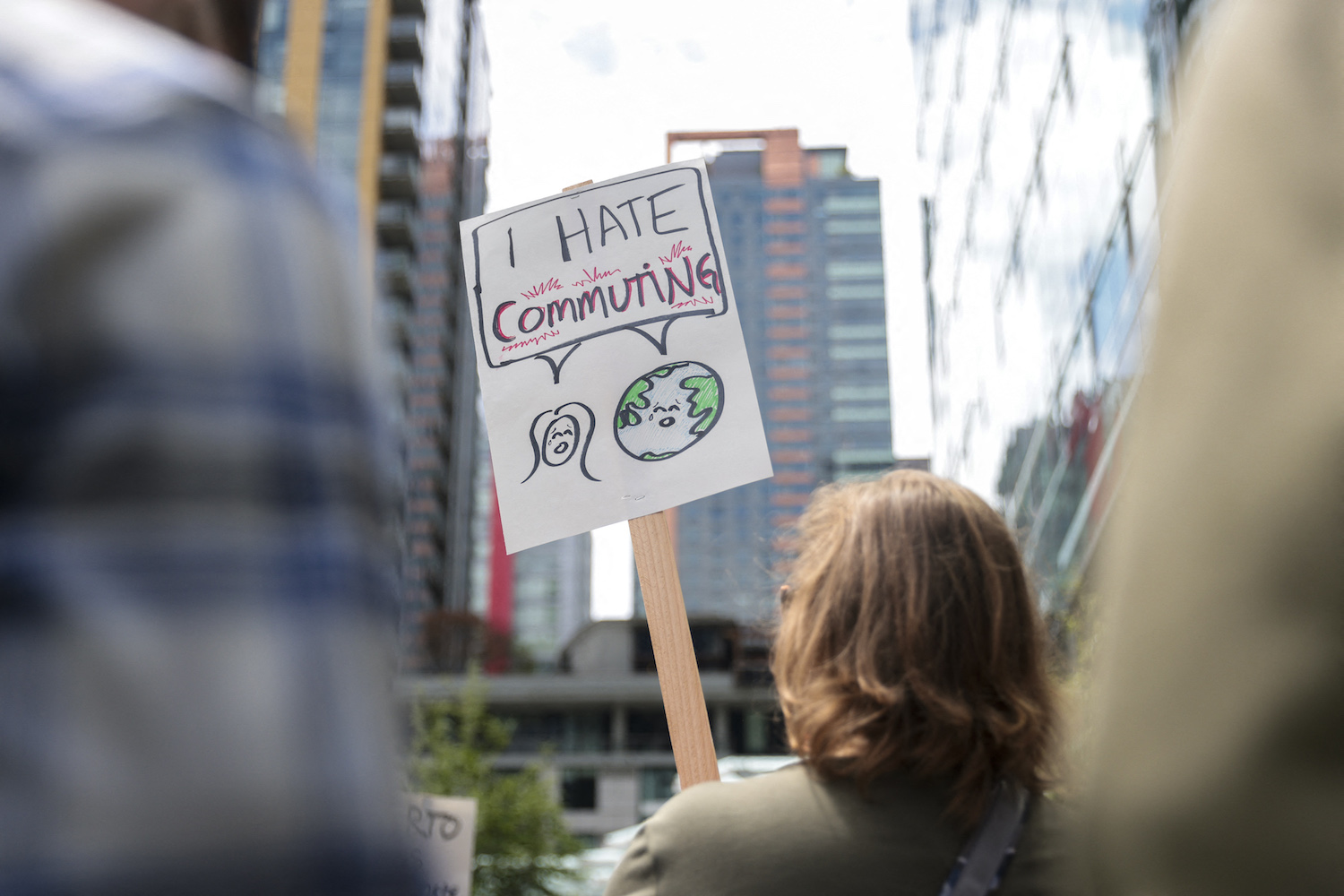Apple is in major legal trouble as the Department of Justice (DOJ) and 16 state and district attorneys filed a lawsuit against the iPhone maker, as reported by the Washington Post Thursday. They accuse Apple of building a monopoly with the iPhone.
The suit alleges Apple’s changes to its rules and high fees created a “degraded user experience.” Some of the practices cited included theiMessage green bubbles for non-iPhone users, the 30% App Store fee, and privacy issues with the Apple Wallet.
“We alleged that Apple has consolidated its monopoly power, not by making its own products better, but by making other products worse,” U.S. Attorney General Merrick Garland said in a press conference Thursday. “If left unchallenged, Apple will only continue to strengthen its smartphone monopoly.”
Apple says the suit is wrong on the facts and the law.
“This lawsuit threatens who we are and the principles that set Apple products apart in fiercely competitive markets,” the company said in an emailed statement to Gizmodo Thursday. “If successful, it would hinder our ability to create the kind of technology people expect from Apple—where hardware, software, and services intersect. It would also set a dangerous precedent, empowering government to take a heavy hand in designing people’s technology.”
Apple routinely finds itself in legal trouble over its business practices, but the company finds ways to keep winning. Last year, the legal battle between Epic and Apple over the App Store payment options went all the way to the Supreme Court, but Apple prevailed in the end.
On the hardware side, Apple has been fighting right-to-repair laws so that it can keep repairs for its products in-house. However, the company does seem like it’s changing its mind on some recent right-to-repair legislation in certain states.
But that’s in the U.S. Over in the European Union (EU), Apple has been getting spanked by regulations. Not only did regulators make Apple go all-in with USB-C cables for the iPhone 15 last year, but the EU also made Apple open up its software to allow third-party app stores onto its devices.
The Biden administration has picked multiple fights with some big companies over antitrust violations. Last year, the Federal Trade Commission sued Amazon for operating an illegal monopoly while the DOJ filed a suit against Google for the same reason. Microsoft was also the focus of antitrust legal action when it acquired video game publisher Activision. That deal was completed in October, but the FTC appealed that merger in December seeking to reverse it.

